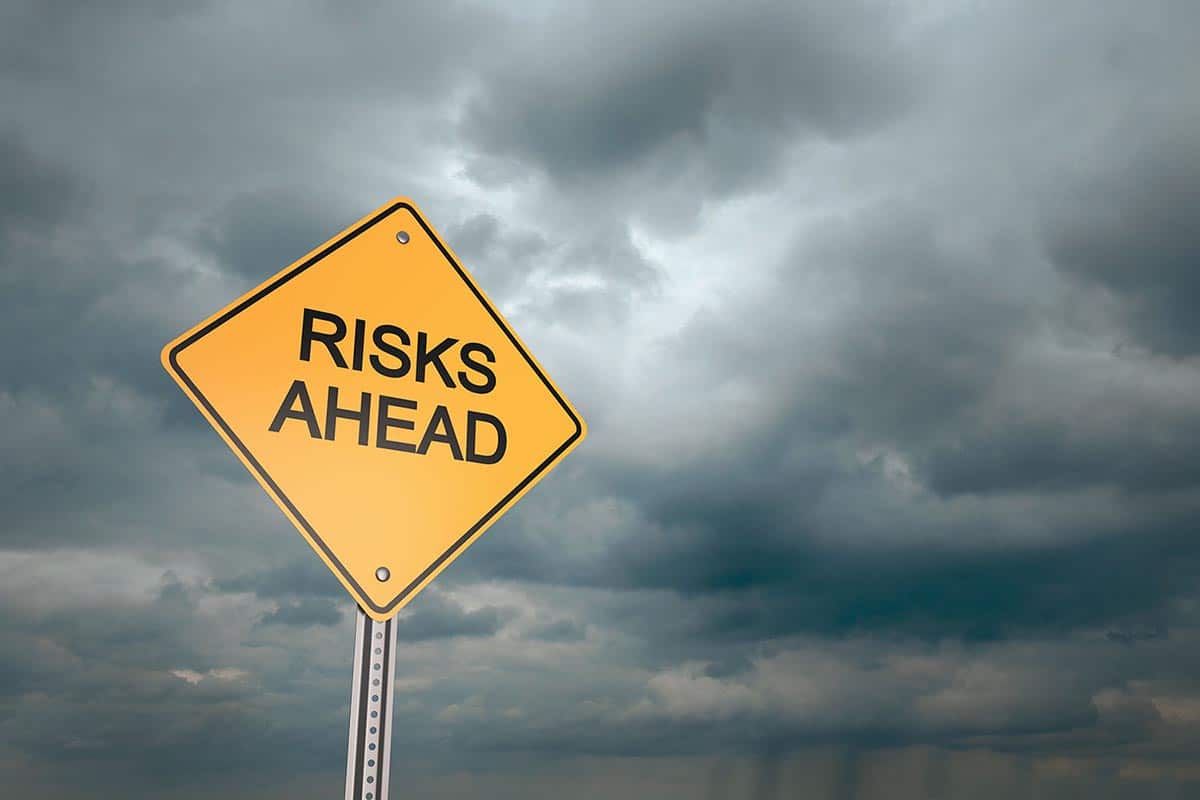Deloitte’s ‘Reputation at Risk’ survey of 300 executives revealed almost 90% rated reputation risk as more important than any other strategic risk faced by companies. Despite this, only 19% of those surveyed rated themselves an ‘A-grade’ when it came to their performance in responding to a crisis and managing these risks.
 The reality is many time-poor companies are failing to invest in the training and preparatory activity needed to ensure they are able to mitigate the reputational risks posed by a real crisis scenario. Crisis simulation is a diagnostic and learning exercise which can be used to identify barriers that inhibit your team’s ability to communicate effectively and mitigate a crisis.
The reality is many time-poor companies are failing to invest in the training and preparatory activity needed to ensure they are able to mitigate the reputational risks posed by a real crisis scenario. Crisis simulation is a diagnostic and learning exercise which can be used to identify barriers that inhibit your team’s ability to communicate effectively and mitigate a crisis.
Why is crisis simulation training so important?
In a crisis, time is your most important commodity – the time to ascertain the facts and the time to respond accordingly.
Crisis simulation training tests the capabilities of the crisis management team, and its preparedness and ability to respond under pressure and within set timeframes. The emphasis of the training is on the critical time you have to manage and respond to the media and key stakeholders in a digitialised ‘30 second’ media cycle.
Devoting the time and resources to relevant crisis training will ensure your company is prepared and that senior management understands the:
- potential crisis scenarios your company may face
- roles, functions and response activities of staff
- critical stakeholders that need to be engaged and managed to mitigate reputational risk
A ‘real life’ crisis scenario can involve the Board, the CEO, multiple layers of management and key personnel. Therefore it is vital that colleagues who do not necessarily engage on a daily basis understand through the training how their colleagues operate, react and respond under pressure.
This training will enable the company to:
- identify unforeseen risks or issues that have not been identified
- test your company’s current communication capability and identify ways to improve
- test the skills of your team and whether the right team is in place
- practice the roles of staff members in a crisis situation.
Investment in crisis simulation training ensures your company can detect its gaps and weaknesses and enable it to assess its ability to respond in a ‘real life’ crisis scenario.
For ASX listed companies, crisis simulation training provides Boards with intelligence to plan and manage future risks, a critical part of their corporate governance agenda.
This investment will also ensure the Board and senior management can address key issues around the risk appetite of your company by road testing your crisis response capabilities and to identify unforeseen risks not on your radar.


